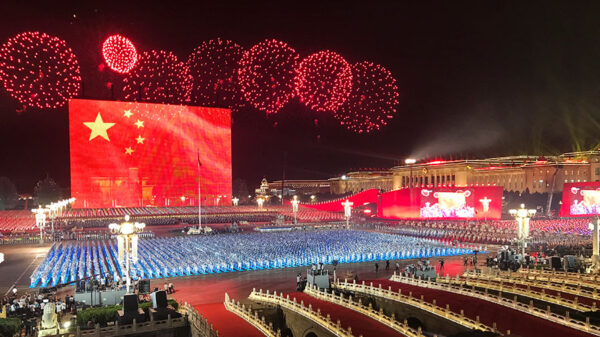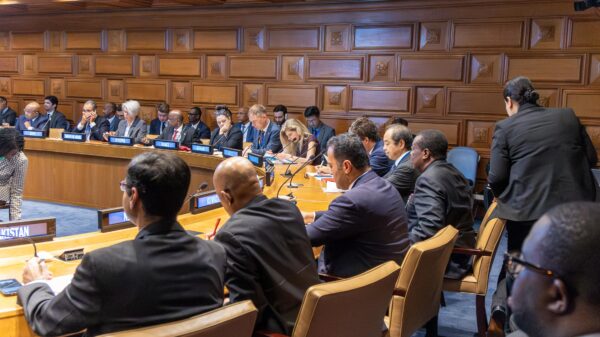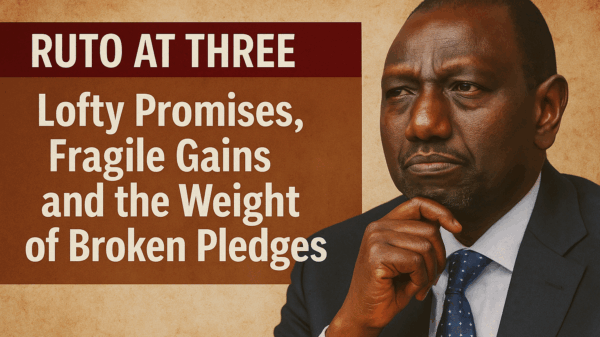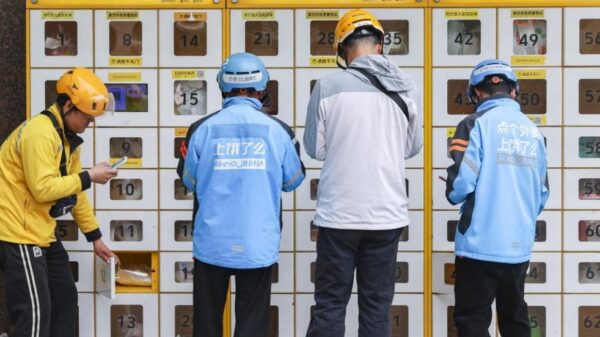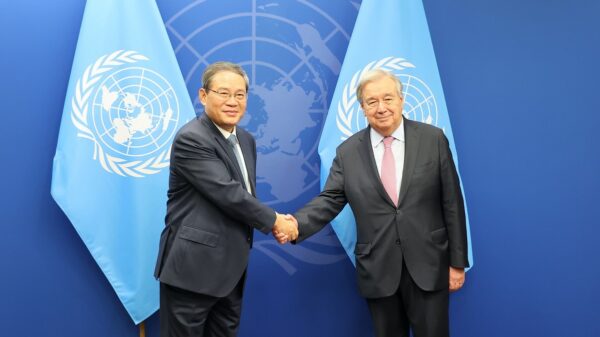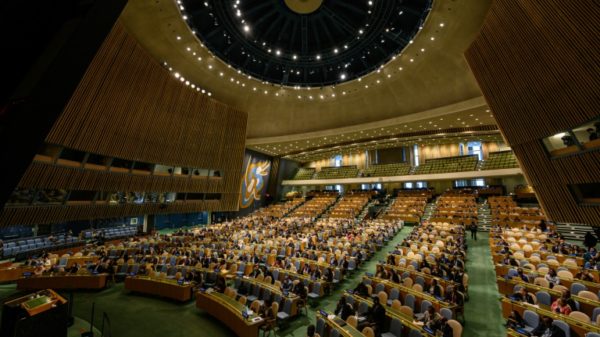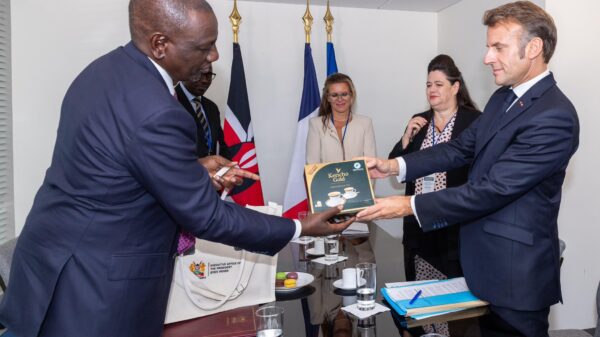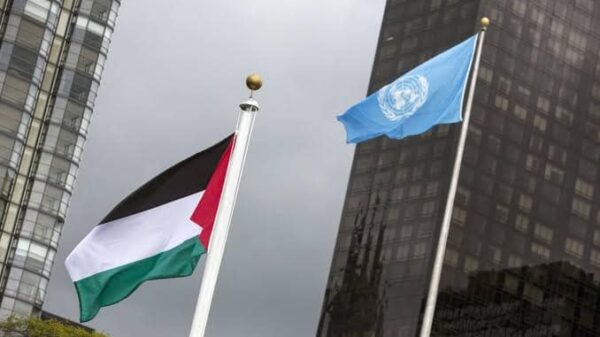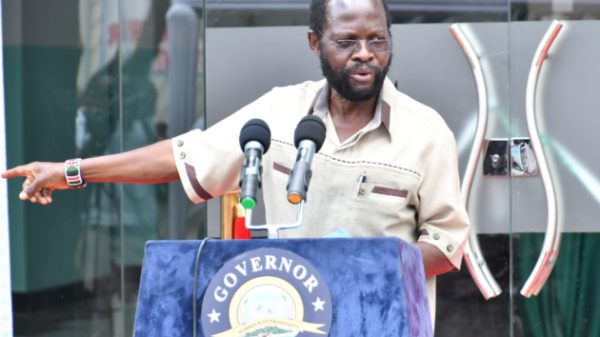NAIROBI, Kenya, Sep 23 – As of September 9, 2025, 156 of the UN’s 193 member states—about 80 per cent of the world—recognize Palestine as a sovereign state.
The latest wave of recognition by France, Australia, United Kingdom, Belgium, Luxembourg, Malta, and Monaco has given Palestinians unprecedented global legitimacy.
On Monday, France and Saudi Arabia co-chaired a high-level United Nations summit to revive momentum for a two-state solution to the Israeli-Palestinian conflict. The meeting was boycotted by both Israel and the US.
The push comes against the backdrop of Israel’s expanding settlements in the occupied West Bank and its ongoing war in Gaza following the October 7, 2023, attack that killed about 1,200 people.
Despite the diplomatic recognition, Palestinians on the ground say it has not eased daily hardships.
Israel’s retaliatory campaign has left at least 65,000 Palestinians dead, according to local health authorities, and displaced hundreds of thousands.
A UN-backed global hunger monitor, the Integrated Food Security Phase Classification (IPC), recently confirmed that famine is now occurring in Gaza City and surrounding areas.
Israel has strongly rejected the recognitions. Prime Minister Benjamin Netanyahu said they amounted to “a reward to terrorism,” vowing that “no Palestinian state will be established west of the Jordan River.”
Arab and Muslim states, including Turkey and Iran, hailed the recognitions and demanded stronger action to stop the war in Gaza. Kenya is among the African voices reaffirming support for a two-state solution.
What Would Full Recognition Mean?
At the UN: Full membership would give Palestine voting rights, the ability to submit resolutions, unrestricted access to all UN agencies, and stronger capacity to pursue international legal claims.
Currently, Palestine remains a non-member observer state, a status granted in 2012. This provides limited rights but falls short of the full powers of membership.
Diplomatically: Recognition by all G20 members—Germany, Italy, Japan, South Korea, and the US are still holdouts—would mark a turning point.
On the ground: Recognition alone will not end occupation or halt Israeli military operations, but it strengthens Palestine’s leverage in negotiations and international forums.
What it takes
To gain full membership, a state needs:
- A recommendation from the UN Security Council.
- Two-thirds support in the General Assembly (already assured, with 156 out of 193 members recognizing it).
The last country admitted was South Sudan in July 2011, after a referendum that saw it attain independence from Sudan.
The sticking point is the Security Council, where the US, a permanent member, has consistently used its veto—or the threat of one—to block Palestine’s membership. Washington insists statehood must come through negotiations with Israel, not unilateral moves.
Without Security Council approval, Palestine cannot gain equal standing with other states at the UN, despite overwhelming General Assembly support.
How Palestine Got Here
- 1974: UN General Assembly recognized the PLO as the sole representative of the Palestinian people.
- 1988: PLO declared the State of Palestine, quickly recognized by 78 countries.
- 1993–95: Oslo Accords created the Palestinian Authority as an interim government. Hopes collapsed after Prime Minister Yitzhak Rabin’s assassination in 1995 and Benjamin Netanyahu’s rise to power.
- 2011: Palestine joined UNESCO.
- 2012: UN General Assembly granted Palestine “non-member observer state” status.
- 2014: The International Criminal Court recognized Palestine for legal purposes.
- 2024: UNGA expanded Palestinian rights at the UN but withheld a membership vote.
- 2025: A France- and Saudi-led summit reignited momentum, pushing recognition past 150 states.
Does Palestine meet the criteria of a State?
International law, under the Montevideo Convention, sets four requirements:
- 1. Defined territory: Palestine claims Gaza, the West Bank, and East Jerusalem, though borders remain disputed and fragmented.
- 2. Permanent population: Met. UN data puts the population at 5.6 million as of September 23, 2025.
- 3. Government: Divided between the Palestinian Authority (West Bank) and Hamas (Gaza), undermining unity.
- 4. Foreign relations: Met. Palestine maintains around 80 embassies and six consulates globally, and holds membership in UNESCO and the ICC.
What is different now?
- Broader recognition: With 156 countries backing it, Palestine has overwhelming legitimacy.
- Geopolitical shifts: The Gaza war and West Bank settlements have swayed even hesitant Western states.
- Public pressure: Mass demonstrations worldwide—like Italy’s “March for Gaza” in 80 cities—are reshaping politics.
- Israel’s hardening stance: Netanyahu’s outright rejection of Palestinian statehood is driving more countries toward unilateral recognition.
What would it take for a full recognition?
- A Security Council breakthrough – Possible only if the US changes its stance or abstains rather than vetoing.
- Broader Western support – Recognition by holdouts such as the U.S. and key EU states would carry major weight.
- Internal Palestinian unity – Reconciliation between Fatah (West Bank) and Hamas (Gaza) would strengthen the case.
- Progress on peace talks – Many governments still insist a final settlement with Israel remains key.
Where does Israel stand?
Israel rejects unilateral recognition, insisting statehood must come only through direct negotiations. Netanyahu’s government has hardened its stance during the 2025 Gaza war, ruling out a Palestinian state and rejecting a return to 1967 borders as “indefensible.”
Bottom line
Palestine enjoys recognition from most of the world but without US backing it at the UN Security Council, it cannot secure full UN membership—the ultimate marker of sovereign equality.


